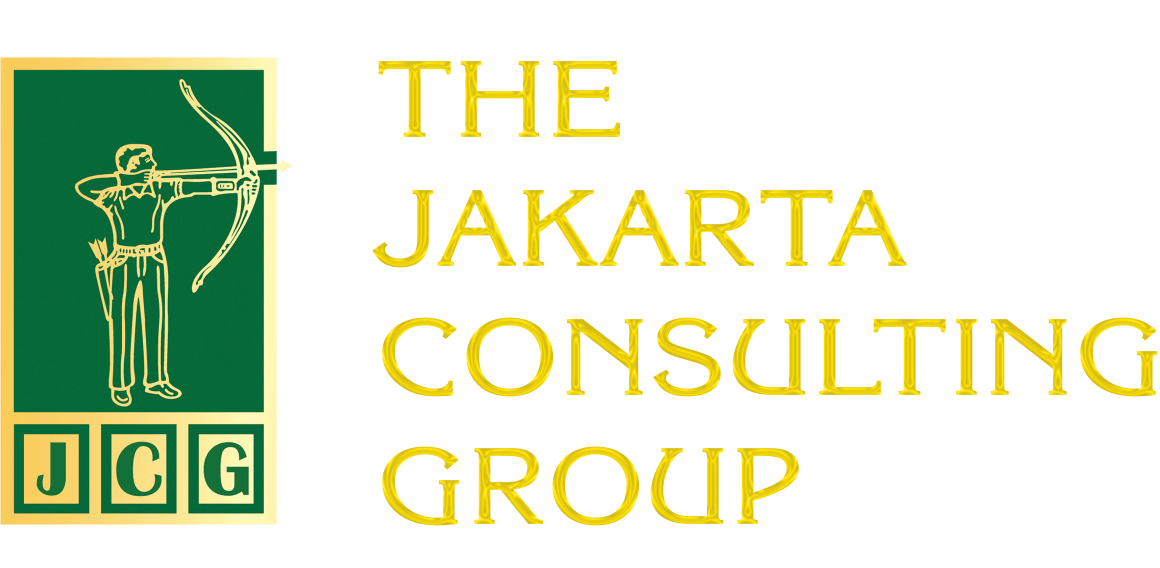In many family businesses, the first generation is often referred to as the “founders” those who started from scratch, faced challenges without clear guidance, and paved the way for future generations. However, behind their hard work and determination to build success, there is one fundamental question that often arises when the transition phase arrives: what legacy do they truly want to leave behind?
Many people assume that a family business legacy is solely about assets or wealth. In reality, its meaning is far deeper. The first generation does not merely want to pass on assets that can be valued financially, but also the values, identity, and vision that form the soul of the business. A true legacy is not just about “what” is left behind, but ‘why’ and “how” that legacy was built.
Building a lasting legacy is a strategic process that requires deep reflection. Some key questions that need to be answered include: What values have I been fighting for all this time? Do future generations truly understand and appreciate my work? Can this business survive and remain relevant without me?
By reflecting on these matters, the first generation can ensure that their legacy is not only about wealth, but also about lasting meaning and impact.
Foundations of Legacy Building

In building a legacy, there are several key foundations. These foundations are values and work ethic, long-term goals, corporate culture and identity, and sustainability and the readiness of future generations.
Values such as hard work, integrity, and resilience are often at the root of a family business’s history. However, these values are not enough to simply be talked about; they must also be brought to life through internalization within the company’s systems and daily practices.
The Ferrero Group, a well-known Italian confectionery manufacturer, is a good example. The company is famous for its Nutella brand, which uses hazelnuts as an alternative to expensive chocolate. Ferrero consistently prioritizes innovation and strong ties with local communities.
Pietro Ferrero started the business by creating Nutella after World War II. Pietro’s son, Michele Ferrero, continued the business while maintaining the values of humility, continuous innovation, and remaining private to keep the company family-owned and operated in line with its original values.
Many business founders initially started their ventures simply to survive or pursue a hobby. However, as the business grows, survival or pursuing a hobby is no longer sufficient. There must be a broader long-term goal that can be understood by future generations. This long-term goal serves as a compass guiding the direction of the business while contributing to society.
Culture, Continuity, and Preparing the Next Generation
Corporate culture is usually formed naturally by the first generation. However, in order to remain relevant, this culture must be consciously disseminated through symbols, inspirational stories, and organizational habits. This culture must become a weapon to achieve competitive advantage.
The process of passing on a family business to the future generations is not simply a handover of leadership, let alone understood as a transfer from parent to child. Business succession must ensure that the next generation is truly ready. This includes mentoring, gradual learning, and providing space for growth.
The Challenges of Passing on a Business to the Next Generation
Creating a business legacy is not easy. Differences in perspectives, work styles, and even generational conflicts often arise. Some common challenges include differences in how decisions are made. The first generation typically relies on instinct and personal experience, while the future generations tends to prioritize data and technology (although the two are not necessarily mutually exclusive).
Another challenge is the reluctance of the first generation to relinquish control and power. For the founding generation, letting go of business control is not a simple matter, especially when the succeeding generation makes decisions that do not align with their established practices.
The succeeding generation often struggles to articulate the vision and mission of the business they have built to others (both the succeeding generation and employees). Many first-generation business leaders are accustomed to working practically, so they struggle to clearly articulate the values or objectives of the business. However, understanding the business objectives is crucial to ensure that all activities and resources are directed toward achieving those objectives.
Therefore, it is important for the founding generation to build open communication not only discussing business operations but also the core values and vision they wish to pass on.
Strategies for Keeping the Legacy Alive

To ensure that the legacy is not only remembered but also continues to live on and grow, there are several strategies that can be implemented.
- Record your family and business history in detail as learning material for future generations. These stories will help them understand the values and meaning behind the continuity of the family business.
- Provide a dedicated space for the family to discuss values, identity, and the future vision of the business. This forum is not just a routine meeting but a strategic space for reflection and long-term planning.
- Involve future generations in the business decision-making process. Give them the opportunity to learn through direct observation and in-depth discussions with current leaders.
- Establish clear family governance rules regarding ownership, roles, and decision-making mechanisms in the business. This will minimize the potential for conflict. One example is Ayala Corporation, a Philippine conglomerate founded by Antonio de Ayala y Roxas. This conglomerate was founded more than 180 years ago. Ayala Corp is managed by the seventh generation of the Ayala family, thanks to its highly structured family governance. They have a family constitution that governs family values, succession, and long-term vision. Its businesses span from property to technology, blending traditional values with modern innovation.
- A deeply rooted legacy should not be interpreted as stubbornly clinging to the past. Founding generations must allow succeeding generations the space to innovate and adapt to change, without losing the core values that form the foundation of the business.
#family business #legacy #vision #workethic #culture #corporateidentity #sustainability #Ferrero #challengesofcontinuingthebusinesslegacy #familyhistory #familygovernance #AyalaCorporation
.
Related Posts:
Family Business: Should Leadership Always Stay in the Family?
Organizational Structure in Family Businesses: Formal on Paper, Personal in Practice
The Dynamics of Family Business: The Unexpected Role of the In-Law
Why Are SOPs Often Challenging to Implement in Family Businesses?
THE JAKARTA CONSULTING GROUP PRESENTS











